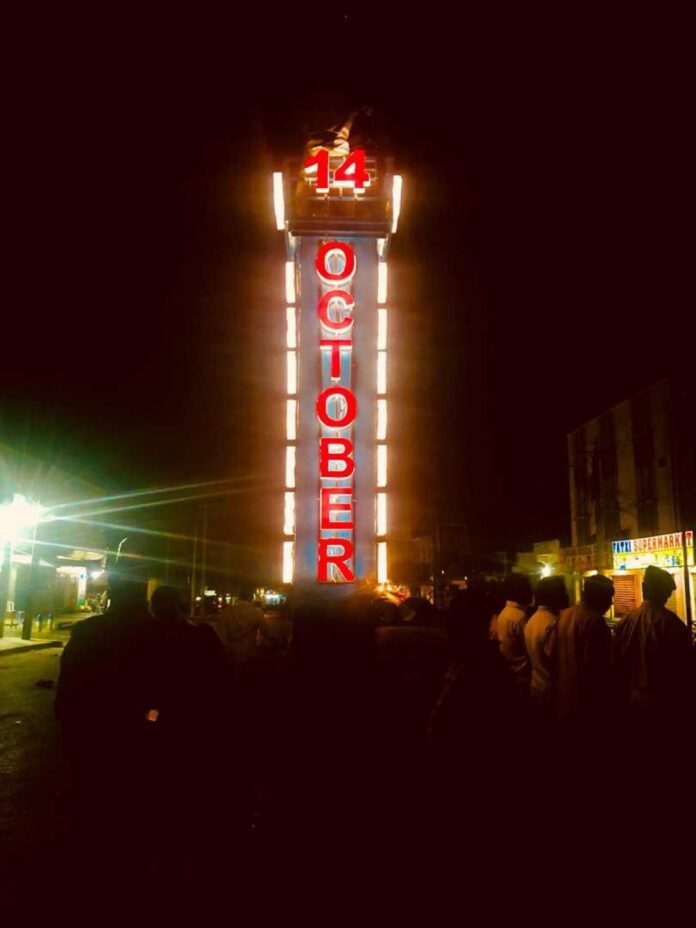On October 14, 2017, Mogadishu experienced one of the deadliest terrorist attacks in modern history when a truck bomb exploded at Zoobe Junction, a busy area in the heart of the city. The massive blast killed over 500 people and injured hundreds more, leaving widespread destruction across nearby buildings, vehicles, and streets. The majority of the victims were civilians, including students and workers, caught in the explosion as they went about their daily lives.
The explosion overwhelmed Somalia’s already fragile healthcare system, with hospitals struggling to treat the wounded. Many of the bodies were burned beyond recognition, making identification difficult for families. Although no group claimed responsibility, al-Shabaab was widely suspected due to their history of carrying out large-scale attacks in the region. The bombing was a brutal reminder of the persistent threat of extremism in Somalia.
In the aftermath, Somalia declared three days of national mourning. The tragedy sparked public unity and widespread condemnation of terrorism, with citizens, especially youth, leading peace marches and campaigns against violence. International aid quickly arrived, including emergency medical teams and supplies, as the world expressed solidarity with Somalia.
Eight years later, the memory of the bombing still resonates across the country. It stands not only as a symbol of national tragedy but also as a powerful call for unity, resilience, and long-term peace. The event remains a defining moment in Somalia’s recent history, reminding the world of the urgent need to address the root causes of conflict and extremism.
